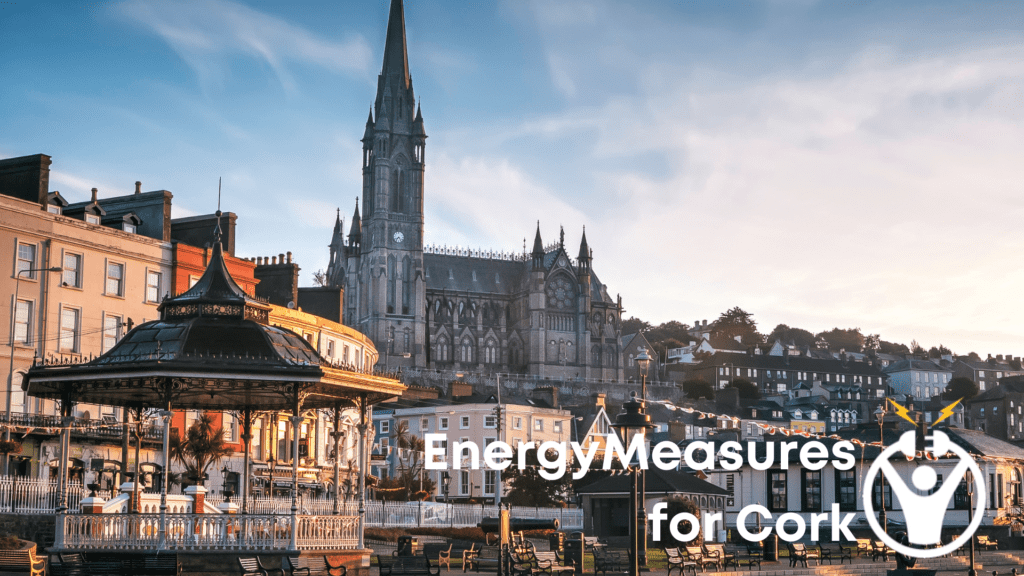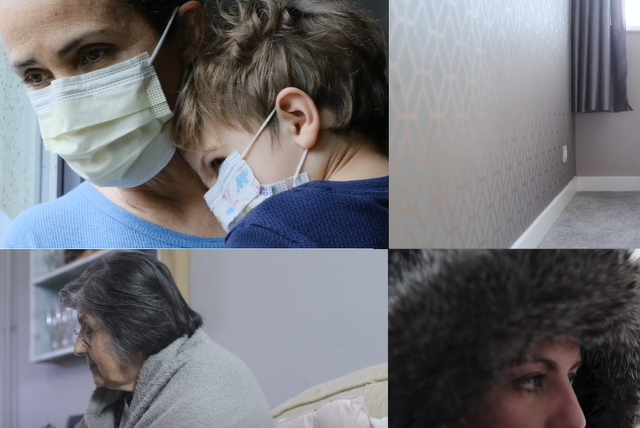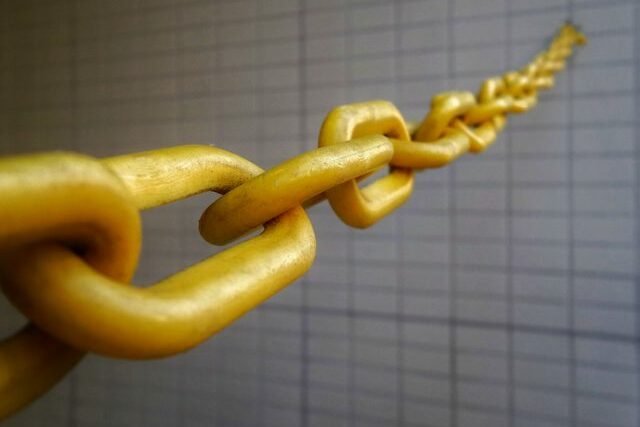How EnergyMeasures implements behaviour change
A key part of the EnergyMeasures approach is the provision of advice on behaviour changes to both conserve energy and to use energy more efficiently. This advice is tailored for the households and the nature of their energy consumption. This involves choosing a collection of changes to energy–related behaviours which appropriately reflects the specificities of their circumstances. The following sections show how our partners worked with their local communities towards behaviour change realisation. As a reminder

Belgium
Thus far, Belgian recruitment has been targeted in the municipality of Turnhout located in Flemish province of Antwerp, with a target to recruit 500 households (250 for each of Kamp C & SAAMO). Efforts to date have been focused on collaboration with, and referrals from, the city/region of Turnhout and the OCMW, the public centre for social welfare in Turnhout. There have been substantial challenges associated with recruitment in the initial half of the project, not least because of the Covid-19 pandemic and its knock-on implications. At the end of April 2022, 35 households have been recruited in Belgium.
People are, however, never comfortable talking about having problems with paying their bills and we are careful not to sound standoffish. The message is not ‘use less energy to save money’ but rather ‘be aware that it is possible to increase comfort AND be more efficient (less energy consumption) if you adapt some habits’. Questions like ‘Did you know that humid air is much harder to heat?’ or ‘Did you know it is better to ventilate your home for 10 min with wide open windows, morning and night, than leave them the whole day in a tilted position?’ can also awaken the interest of people, making them more receptive to what you want to say.

Bulgaria
Although a large proportion of households in Bulgaria own their homes, living conditions in many of them are significantly lower than the European average. About 48% of the Bulgarians live at risk of poverty and social exclusion. The figure below shows a building on the Blvd. 71-75 Mogilyov in the city of Gabrovo, in which participating households reside. The elements of the building envelope are in extremely poor condition, with many of the homes unable to maintain an adequate temperature in winter, and the appearance of mould on the walls of the homes is a common sight. For heating, most flats use the services of the local district heating company, and there are some that have given up the centralised heating and have installed air-conditioners.


Ireland
The household engagement activities in Ireland are focused on the cities of Dublin and Cork, with a target of 650 participating households. Energy Action CLG are leading the engagement in Dublin, where their primary target group are elderly people living in single-family, owner- occupied houses in Dublin City and its environs. Energy Action is recruiting by leveraging its existing networks. UCC are responsible for engaging households in Cork city and surrounding areas. They have two main target groups, disadvantaged communities, which the university has traditionally engaged in outreach programmes, and elderly communities, which so often suffer from energy poverty. At the end of April 2022, 175 households were recruited in Ireland (90 in Dublin and 85 in Cork)

Promotion of energy-related behaviour change in the Irish participating households has followed a bottom-up approach where householders take charge in defining the energy-related behavioural changes that they would like to undertake in their homes. This tailored behaviour change plan initiates during the first household contact when the energy advisor considers with the householder the physical and technical aspects of the dwelling and discusses the main energy-related activities and issues. At the end of this discussion, a draft of the bespoke plan that includes low-cost measures and energy related behavioural changes is prepared with input from the householder.

The Netherlands
Dutch household engagement is led by Gemeente Eindhoven the municipal authority of the city of Eindhoven in south Netherlands. They are assisted in these activities by two fellow Dutch partners Duneworks and Het PON & Telos. With a population of c. 240k, Eindhoven is the largest city outside the Randstad conurbation. The municipality has approximately 11,500 households who are counted as having minimal means. The target for recruitment is 400 households – at the end of April 2022, recruitment in the Netherlands had reached the half way point with some 200 signed up.
When the energy coaches visit a household, they bring a box with several small energy saving products. The box contains for example some LED lights, drafts strips and a shower timer. The energy box actually has two functions. On the one hand it helps to save energy, on the other it is a great opportunity to start a conversation about energy saving and energy–related behaviour.


Poland
The Association of Municipalities Polish Network "Energie Cités" (PNEC) is leading the realisation of the EnergyMeasures project in Poland. The focus of their engagement activities is Bielsko-Biała, a city in southern Poland, with a population of approximately 168k, where PNEC is collaborating with city authorities in reaching the citizenry. The target groups are private owners occupying single-family buildings and private owners of flats in multi-family buildings. As of the end of April 2022, PNEC has recruited a total of 255 households from Bielsko-Biała to participate in the project.

Scotland
In the United Kingdom, prospective participants are being recruited across the Western Isles (Outer Hebrides), an island chain off the west coast of Scotland. Tighean Innse Gall (TIG), a local community benefit society, which acts as a housing and energy agency for the Island is delivering the EnergyMeasures project on the Western Isles. The focus for engagement is the privately-owned households located in remote communities on the islands who suffer from energy poverty, many of which are by led by single women.

Other articles

How complex is it to come up with a universal definition of energy poverty?
Considering the development of recent geopolitical situation the issue of energy poverty is increasingly pressing. There are many governmental and small initiative efforts to combat this problem, yet one element, which affects the effectiveness of those efforts, persists. Namely, what is energy poverty and can we establish a universal definition?

Sometimes, Energy Poverty is a Hidden Problem
The EnergyMeasures project uses a behavior change approach to mitigate energy vulnerability in seven European countries. At the halfway point of the project, the question arises: Is the chosen strategy working?

A Chain-Reaction of Negative Consequences of Living in Energy Poverty
A series of interviews conducted with citizens and stakeholder organisations shows how people experience energy poverty and also the institutional support offered to affected households in seven European countries.
vector images designed by vectorpouch / Freepik